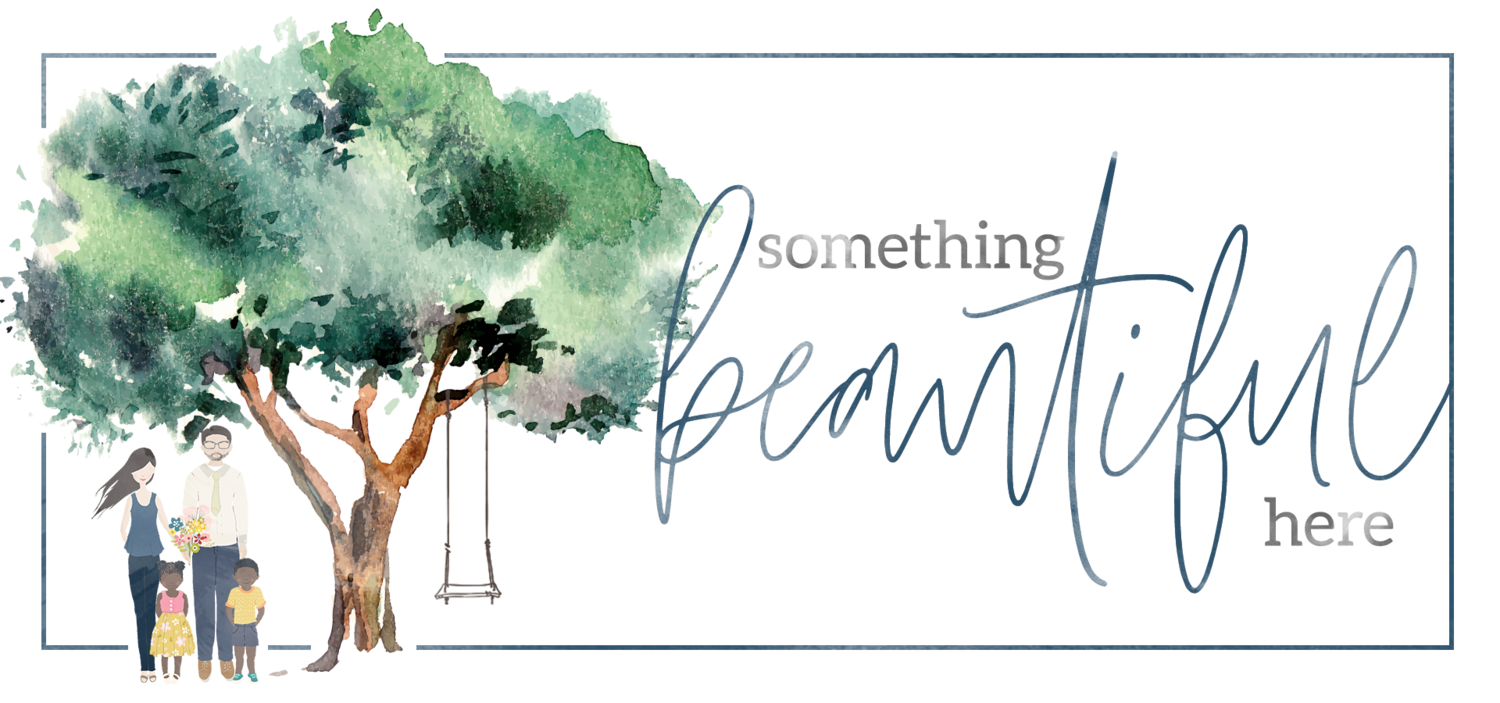Yes, It Matters What You Say
Our words are powerful. Poet, Pearl Strachan Hurd said, “Handle them carefully, for words have more power than atom bombs.” They have the ability to speak life or destroy it. “The tongue has the power of life and death” (Proverbs 18:21). They have the ability to heal relationships or break them. “The tongue has no bones, but is strong enough to break a heart. So be careful with your words” (Unknown Author). Implementing positive adoption language is such an integral part of navigating the adoption process. I stress the importance of being mindful of our language to my families because it is so valuable to learn early on in their journey. How we speak of and to an expectant mother (before birth/adoption) or birth mother (after birth/adoption) can have positive or negative implications. How we speak of and about adoption can bring life or create dissonance.
Below I examine a few terms to avoid and examples of positive adoption language to implement.
***Side note: The intent of this post is not to point a finger. Rather, it is to provide awareness and education on the importance of our language when discussing adoption.***
Term to Avoid: “give up”/ “put up for adoption” Positive Adoption Language: “place for adoption”/ “made an adoption plan”/ “choosing adoption”
The term “give up” and “put up” should be avoided because it implies that a birth mother gave up on her child. Also, when we discuss “giving up” something it’s typically attached to a negative connotation; “I gave up smoking” or “I gave up eating junk food.” What do these things have in common? They are bad for you. Using this negative terminology can send a message that the child was unwanted. Choosing adoption for your child is not giving up. It’s quite the opposite. Placing a child for adoption is a selfless act of unconditional love. It’s a life GIVING type of love.
Term to Avoid: “children of your own” Positive Adoption Language: “biological children”
I’ve heard many couples say, “We can’t have our own children.” And while I know what they mean, it’s important to be mindful of our choice of words here, as it speaks volumes to the world about how you view adoption. This explanation is faulty in many ways, namely because it implies that a child who was adopted isn’t really a part of the family or isn’t as loved as a biological child is or would be.
One of the most hurtful comments ever said to me was from a stranger, “Are you going to have any children of your own?” Perplexed, I looked down at my beautiful children and back up at the older gentleman. I could only muster up five words: “Yes, these are my children.” I regretted not taking a few minutes to explain why his choice of words was hurtful. But exhaustion prevented my lips from expressing what my heart wanted to say. Our children are our children. They are not any “less” our children because they didn’t grow in stomach for 9 months. They’re not any “less” our children because they don’t have our DNA. They are our children. Period. DNA doesn’t make a family. Love does.
Term to Avoid: “keep her child” Positive Adoption Language: “chose to parent”
The term, “keep her child,” implies that the child is a possession or an object and gravely fails to consider the responsibilities that are involved in choosing to parent. It also undermines the difficulty that the mother faced while coming to terms with her decision. Using the term, “chose to parent” is a much more accurate, helpful and respectful description of the woman’s decision.
Term to Avoid: “real/natural parents” Positive Adoption Language: A) Before birth/adoption: “expectant parents,” “expectant mother,” “expectant father” B) After birth/adoption: “birth parents,” “birth mother,” “birth father”
Using the terms, “real/natural parents” imply that adoptive relationships are artificial, temporary and somehow “less than par.” It diminishes and ignores the role of the parents. Using positive adoption language (expectant parents/birth parents) is a way to honor the parents and the birth family, as it demonstrates the important role that both play in the child’s life.
Term to Avoid: “is adopted”/ “adopted child” Positive Adoption Language: “was adopted”/ “child”
The child was adopted (past tense). Continuing to use the phrase “is adopted” or “adopted child” is unhelpful, as it can create feelings of distance between the child and his/her parents. When our twins’ adoption was finalized they not only took on our last name, but a judge told us what we knew all along: they are our son and daughter as if they were born to us.
Yes, our words matter. Without intending to, sometimes the language we use in adoption can evoke negative feelings. Even though ill intent was never planned, words are powerful and have lasting effect. Choose your words wisely. Choose words that extend honor and respect towards all parties of the adoption triad (adoptee, birth family, adoptive family).
***If you are interested in learning more about adoption and the services we provide at Christian Adoption Consultants, I would love to chat! Feel free to email me at kelly@christianadoptionconsultants.com and check out Christian Adoption Consultants for more information!***

